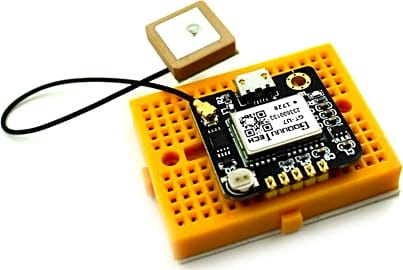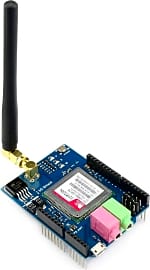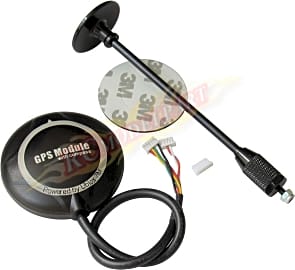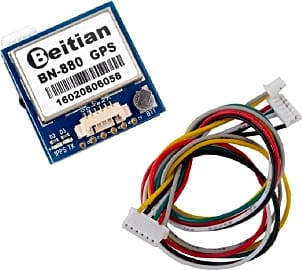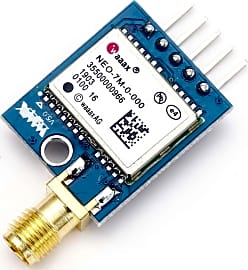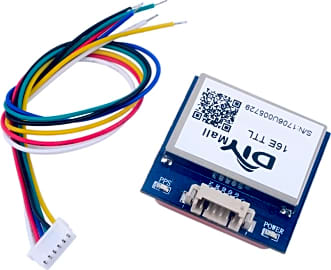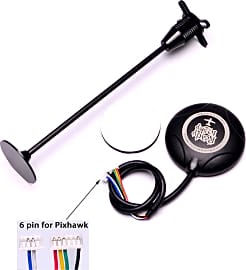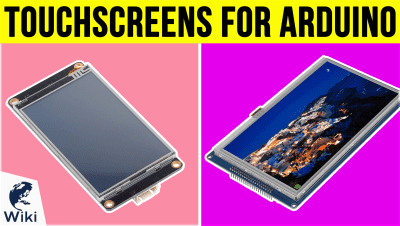The 8 Best Arduino GPS Modules

This wiki has been updated 26 times since it was first published in November of 2017. From building your own drone or autonomous vehicle to keeping extremely accurate time or even putting together a homemade tracking device, there are numerous purposes for GPS modules compatible with an Arduino board. We've evaluated the best models currently offered to consumers, and ranked them by their easy of use, accuracy, startup time, and features, such as antennas and built-in memory. When users buy our independently chosen editorial choices, we may earn commissions to help fund the Wiki.
Editor's Notes
November 17, 2020:
A given user's exact intentions for their module are going to have a lot to do with which model is best for their purposes. Both the Readytosky Ublox Neo-M8N and the DIYMalls Beitian BN-880 U8 are outstanding choices for use with the Pixhawk system flight controller, but the Readytosky model comes in a protective housing, lending it additional durability when installed as part of a drone or other flying vehicle. If you aren't looking to send your GPS unit into the air, you might not need that model's infrastructure. Should you change your mind, however, you'd have to find a way to secure it on your own.
We decided to add one slightly more complex module to this list in the form of the TinySine Shield SIM5320A. This offering combines 16-channel GPS sensitivity with access to a 3G network for added precision and functionality. In the right hands, it can do a lot of things that cell phones can, like interact via SMS text and make and receive calls. Keep in mind that you'll need a SIM card for these features, though, and there are likely charges involved. That said, its configuration is surprisingly easy, making it an ideal choice for anyone who's sometimes underwhelmed by a given Arduino project's limitations.
September 03, 2019:
Putting together a reliable list of these modules required striking a balance between capabilities and usefulness. The majority of our list contains models designed with Neo-6M chipsets which aren't technically the most advanced, but that offer the easiest programming and use for the widest amount of applications.
Neo-7M offerings may be able to access GLONASS in addition to GPS, but they can't do so simultaneously, and 8M units — capable of doing both at the same time — are more complicated and often less useful, or at least not very much more useful. GPS all by itself is perfectly capable of working well for drone operation, tracking devices, and also for younger hobbyists who are just trying to get something cool up and running on their boards.
With that in mind, we didn't let the chipset necessarily sway our ranking, especially when something like the Icstation Mini Neo-7M doesn't even have an antenna. Or when something like the MakerFocus model at number two is so inexpensive, reliable, small, and effective.


